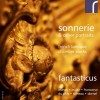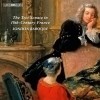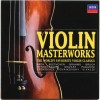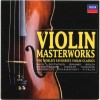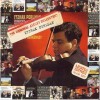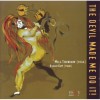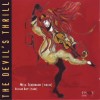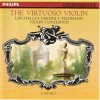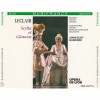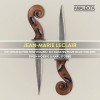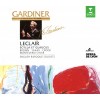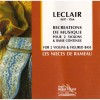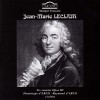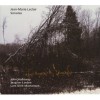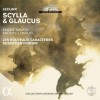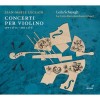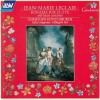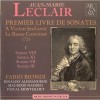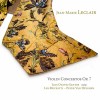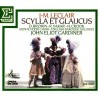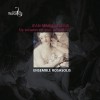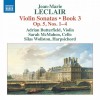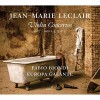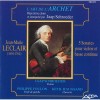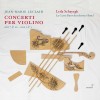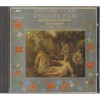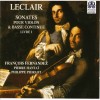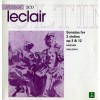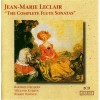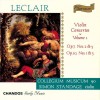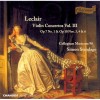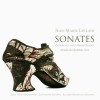Biography
Jean-Marie Leclair l'aîné, also known as Jean-Marie Leclair the Elder, (10 May 1697 – 22 October 1764) was a Baroque violinist and composer. He is considered to have founded the French violin school. His brothers Jean-Marie Leclair the younger (1703–77), Pierre Leclair (1709–84) and Jean-Benoît Leclair (1714–after 1759) were also musicians.
Leclair was born in Lyon, but left to study dance and the violin in Turin. In 1716, he married Marie-Rose Casthanie, a dancer, who died about 1728. Leclair had returned to Paris in 1723, where he played at the Concert Spirituel, the main semi-public music series. His works included several sonatas for flute and basso continuo.
In 1730 Leclair married for the second time. His new wife was the engraver Louise Roussel, who prepared for printing all his works from Opus 2 onward. Named ordinaire de la musique by Louis XV in 1733, Leclair resigned in 1737 after a clash with Guidon over control of the musique du Roy.
Leclair was then engaged by the Princess of Orange – a fine harpsichordist and former student of Handel – and from 1738 until 1743 served three months annually at her court, working in The Hague as a private maestro di cappella for the remainder of the year. He returned to Paris in 1743. His only opera Scylla et Glaucus was first performed in 1746 and has been revived in modern times. From 1740 until his death in Paris, he served the Duke of Gramont.
Leclair was renowned as a violinist and as a composer. He successfully drew upon all of Europe's national styles. Many suites, sonatas, and concertos survive along with his opera, while some vocal works, ballets, and other stage music is lost.
In 1758, after the break-up of his second marriage, Leclair purchased a small house in a dangerous Parisian neighborhood, where he was found stabbed to death in 1764. Although the murder remains a mystery, there is a possibility that his ex-wife may have been behind it – her motive being financial gain – although the strongest suspicion rests on his nephew, Guillaume-François Vial.
Whether at the hands of a relative who had not forgiven him for abandoning the family, or as the work of another musician envious of his talent, on or about October 23, 1764, Jean-Marie Leclair was killed by a stab in the back.





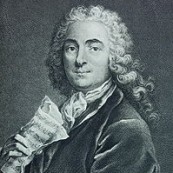

![Russian legends - David Oistrakh [20 CD]](http://static.classicalm.com/repository/collection-cover/small/267-img1318418713553266.jpg)
![Musique pour la Chambre du Roy - Judith Nelson, Christophe Coin (bass viol) / The Academy of Ancient Music, Christopher Hogwood [CD2 of 2]](http://static.classicalm.com/repository/collection-cover/small/1348-img1371561845593132.jpg)
